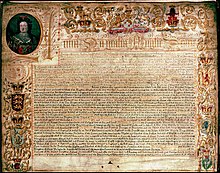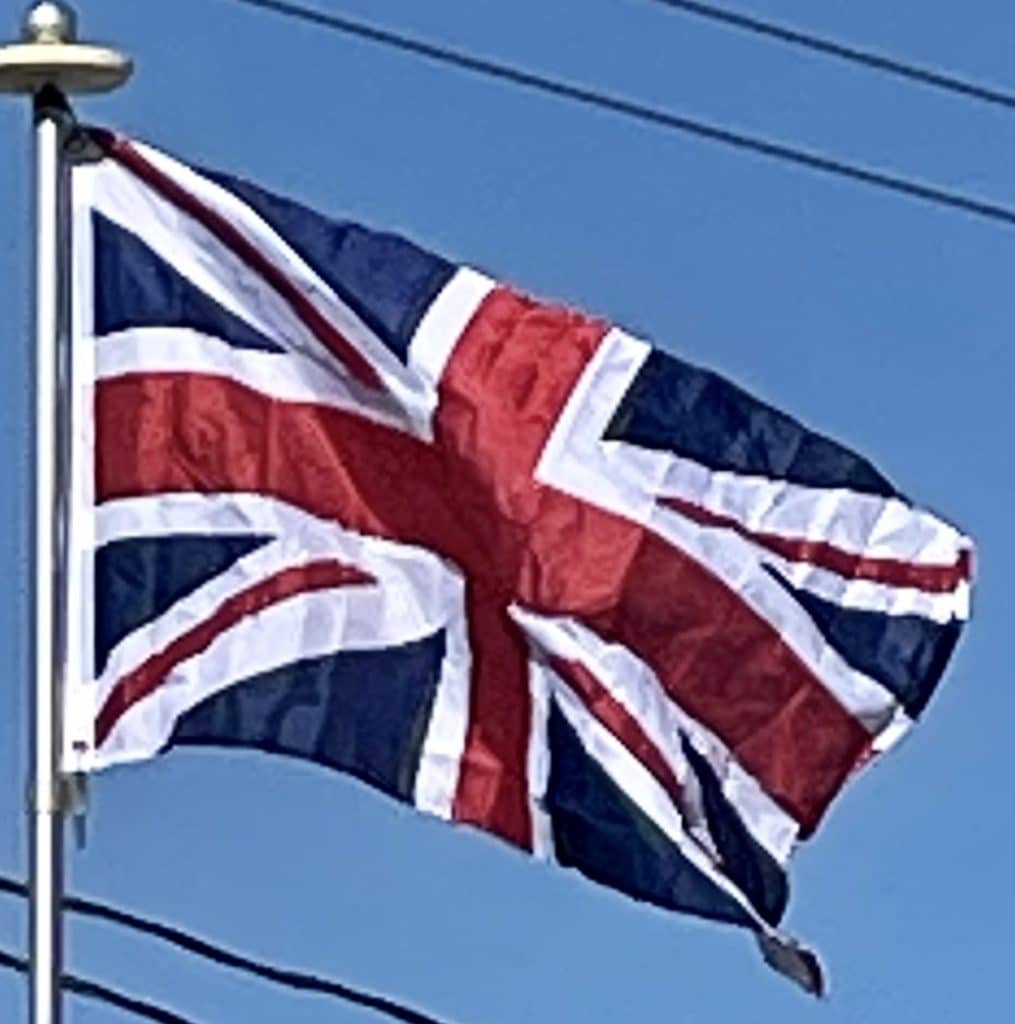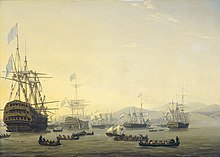Though previous attempts at uniting the two kingdoms within Great Britain in 1606, 1667, and 1689 had proved unsuccessful, the attempt initiated in 1705 led to the Treaty of Union of 1706 being agreed and ratified by both parliaments.
Kingdom of Great Britain

From the union with Ireland to the end of the First World War:
After the defeat of France at the end of the French Revolutionary Wars and Napoleonic Wars (1792–1815), the United Kingdom emerged as the principal naval and imperial power of the 19th century (with London the largest city in the world from about 1830). Unchallenged at sea, British dominance was later described as Pax Britannica (“British Peace”), a period of relative peace among the Great Powers (1815–1914) during which the British Empire became the global hegemon and adopted the role of global policeman. By the time of the Great Exhibition of 1851, Britain was described as the “workshop of the world”. From 1853 to 1856, Britain took part in the Crimean War, allied with the Ottoman Empire in the fight against the Russian Empire, participating in the naval battles of the Baltic Sea known as the Åland War in the Gulf of Bothnia and the Gulf of Finland, among others. The British Empire was expanded to include India, large parts of Africa and many other territories throughout the world. Alongside the formal control it exerted over its own colonies, British dominance of much of world trade meant that it effectively controlled the economies of many regions, such as Asia and Latin America. Domestically, political attitudes favored free trade and laissez-faire policies and a gradual widening of the voting franchise. During the century, the population increased at a dramatic rate, accompanied by rapid urbanization, causing significant social and economic stresses. To seek new markets and sources of raw materials, the Conservative Party under Disraeli launched a period of imperialist expansion in Egypt, South Africa, and elsewhere. Canada, Australia and New Zealand became self-governing dominions. After the turn of the century, Britain’s industrial dominance was challenged by Germany and the United States. Social reform and home rule for Ireland were important domestic issues after 1900. The Labour Party emerged from an alliance of trade unions and small socialist groups in 1900, and suffragettes campaigned from before 1914 for women’s right to vote.

